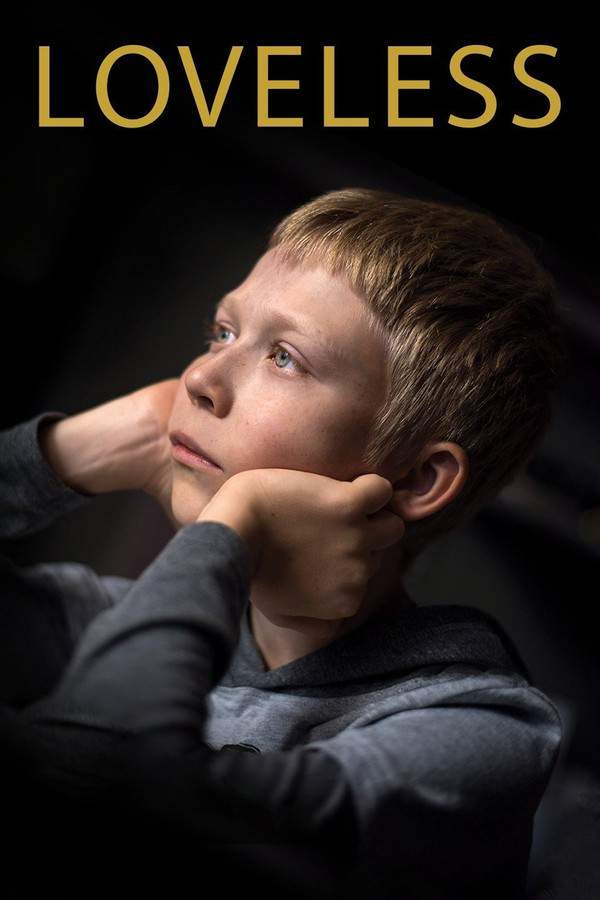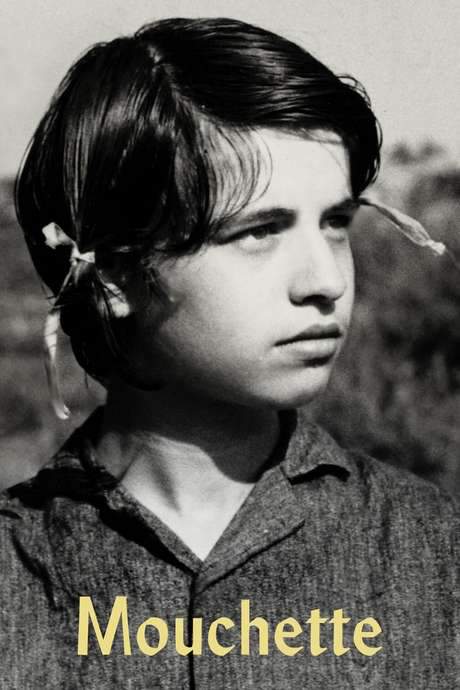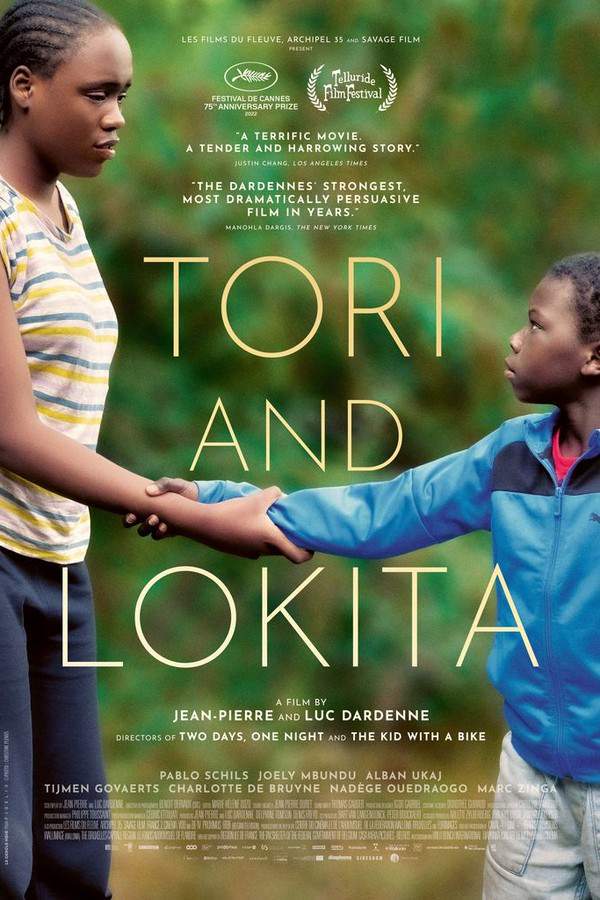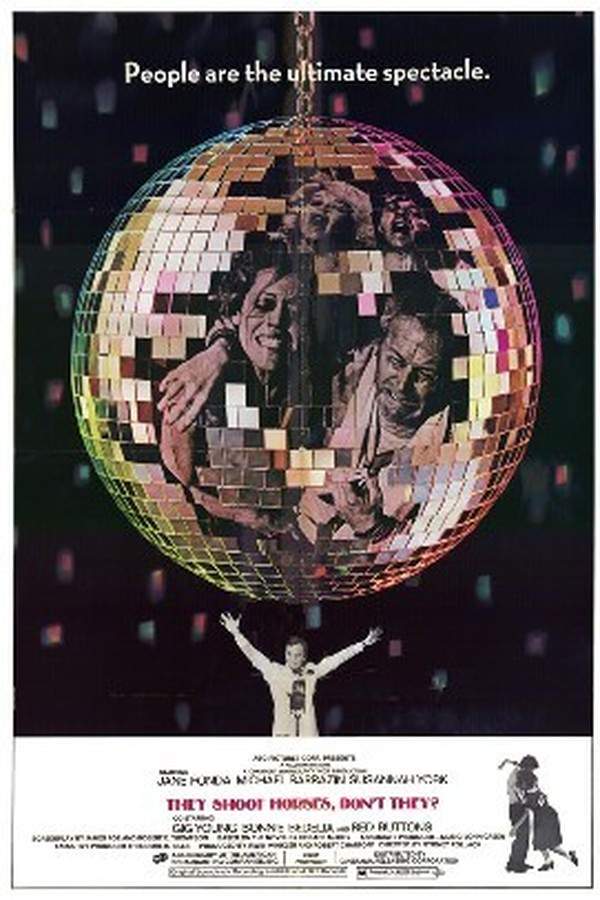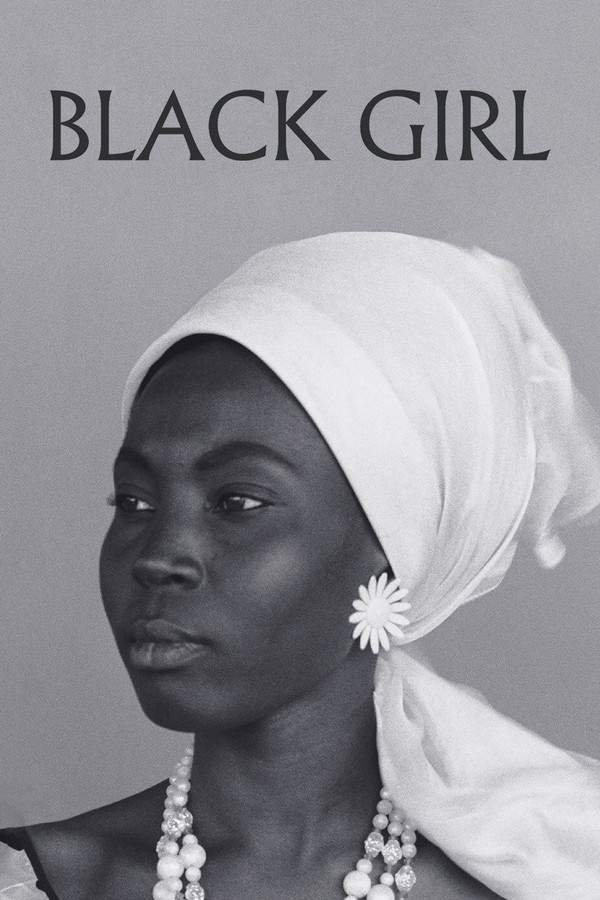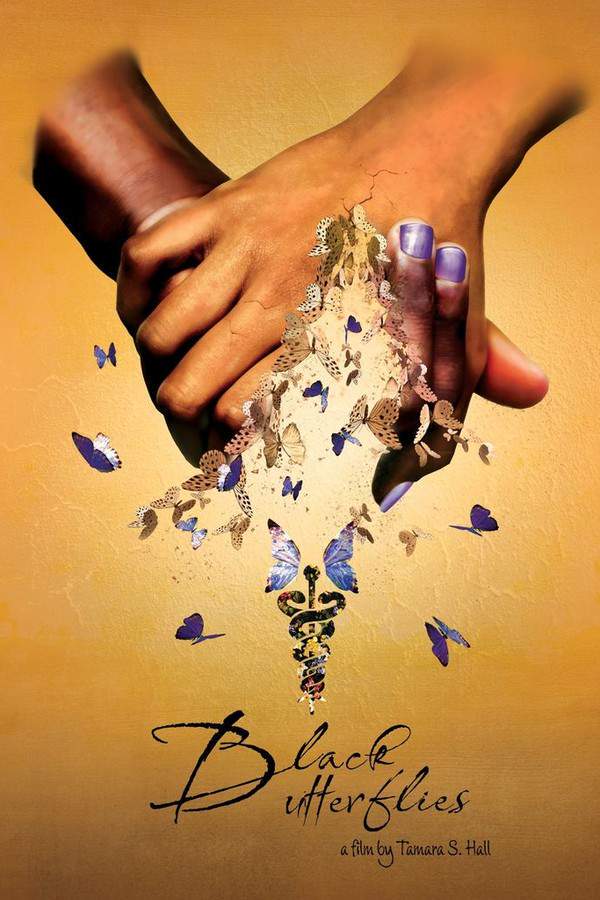
Black Girl
Year: 1966
Runtime: 65 mins
Language: French
Eager to find a better life abroad, a Senegalese woman becomes a mere governess to a family in southern France, suffering from discrimination and marginalization.
Warning: spoilers below!
Haven’t seen Black Girl yet? This summary contains major spoilers. Bookmark the page, watch the movie, and come back for the full breakdown. If you're ready, scroll on and relive the story!
Black Girl (1966) – Full Plot Summary & Ending Explained
Read the complete plot breakdown of Black Girl (1966), including all key story events, major twists, and the ending explained in detail. Discover what really happened—and what it all means.
Diouana, Mbissine Thérèse Diop, grows up in a poor village just outside Dakar, where life is hard and opportunities are scarce. Illiteracy is common in her world, and she wanders the city in search of a stable job. One day, the couple arrives at the square—a refined doorway to a different life—and, through a quiet moment of judgment rather than insistence, Diouana is chosen. The selection is described as much by what she doesn’t do as by what she does: she isn’t pushy or loud, so she is noticed. The couple, Monsieur Robert Fontaine, and Madame Anne-Marie Jelinek, hire her to care for their children, and as a token of her new status, she gifts them a traditional mask she bought for 50 guineas. They place this mask on display in their home, a symbol that will come to haunt her future.
Back home in Senegal, Diouana’s world still hums with the simple rhythms of daily life. She spends time with her boyfriend, Nar Sene, and she savors a sense of freedom that seems possible through the new opportunity she’s earned. Her mind fills with dreams of a brighter life in France, where she imagines new vistas and a future far removed from the confines of her old village. The dream becomes a tangible plan, and Diouana is thrilled to begin a new chapter with the couple in Europe.
Yet the move to France reshapes the life she anticipated. In the country she once imagined as a land of possibility, she is confronted with a different fate: she is pressed into endless rounds of cooking and cleaning, serving the host and their circle of friends, with little room to breathe or to explore. Madame treats her with cool disdain, and the home becomes a cage rather than a gateway to freedom. Diouana, dressed in a fine dress and heels for work, is forced to shed the glamour of her new life as soon as the door closes behind her. The stark line between employer and employee is drawn in every corner of the apartment, and the mask they keep on display serves as a constant, silent reminder of a history she has tried to leave behind.
At one of the couple’s dinner parties, a guest crosses a line that underscores the racial dynamics at play: he leans in to kiss Diouana on the cheek, explaining, “I’ve never kissed a black girl before.” The moment is jarring and emblematic, a reminder that her presence in their home is both desired and exoticized. The tension deepens as Diouana receives a letter from her mother, read aloud by Monsieur, in which she asks why she hasn’t heard from home and requests money. The moment is painful in its simplicity, and Diouana’s rejection of the letter—tearing it up—speaks volumes about her stubborn determination to control her own fate.
A further struggle centers on the small, personal object she brought with her—her mask. When Diouana tries to reclaim it, a confrontation unfolds, revealing a power dynamic that treats her as disposable if she cannot perform the duties expected of her. Madame makes the demand explicit: if Diouana cannot work, she cannot eat. The moral economy of the household stares back at Diouana with merciless clarity.
As the pressure mounts and hope wanes, the tension collapses into a final act of despair. Diouana refuses to accept the salary Monsieur offers, choosing instead to reject the unequal bargain that binds her to a life of servitude in a country she hoped would welcome her. The tragedy culminates in a quiet, devastating act: Diouana slits her throat in the bathtub, a heartbreaking assertion of autonomy in the face of crushing oppression.
The film closes with Monsieur returning to Senegal to deliver Diouana’s suitcase, the mask, and the money from their failed arrangement. He offers money to Diouana’s mother, who refuses it, choosing to honor her daughter’s dignity in another way. As he leaves the village, a small boy—carrying the same mask that Diouana had given as a gift—trots along behind him, a stark, lingering image of memory and loss that haunts the story’s last note.
Don’t forget that you are a maid.
I’ve never kissed a black girl before!
In this haunting meditation on memory, migration, and the fraught exchange between desire and domination, the film uses intimate detail to reveal the larger forces at work — the pull of a promised future, the weight of racial and class expectations, and the quiet, devastating price paid when power and kindness fail to align. The performances ground the film in a restrained realism, with Diouana’s arc moving from hopeful anticipation to a tragic, unambiguous sense of wrongness faced head-on by a system that offers opportunity but imposes great cost. The mask that started as a humble gift becomes a symbol of memory, loss, and the enduring ache of a life disrupted by forces that cannot be easily named or escaped.
Last Updated: October 09, 2025 at 14:14
Explore Movie Threads
Discover curated groups of movies connected by mood, themes, and story style. Browse collections built around emotion, atmosphere, and narrative focus to easily find films that match what you feel like watching right now.
Movies about psychological unraveling like Black Girl
Stories where physical or social confinement leads to a character's internal collapse.If you appreciated the suffocating atmosphere and psychological disintegration in 'Black Girl', this list features movies with similar themes of confinement and despair. These stories focus on characters trapped by their circumstances, leading to a slow, heavy, and emotionally devastating viewing experience.
Narrative Summary
The narrative follows a protagonist who enters a new situation with optimism, only to find themselves physically or socially trapped. The story unfolds as a slow, linear descent, charting their increasing alienation and the erosion of their spirit under relentless, mundane pressure. The climax often involves a tragic realization or act born from utter despair.
Why These Movies?
These films are grouped together because they share a deeply oppressive and claustrophobic mood. They use a slow, deliberate pace to build a palpable sense of entrapment and psychological unease, focusing on character-driven stories where the primary conflict is internal, against an immovable external force.
Bleak post-colonial dramas similar to Black Girl
Raw and poetic dramas exposing the lingering wounds of colonialism.For viewers seeking films with the powerful social critique and tragic realism of 'Black Girl'. This collection features movies that explore the immigrant experience, systemic racism, and the deep psychological scars left by colonialism, all delivered with a straightforward, heavy, and impactful narrative style.
Narrative Summary
The narrative pattern centers on a protagonist from a formerly colonized nation confronting the harsh realities of the 'metropole' or a dominant culture. Their hopeful journey turns into a confrontation with dehumanizing prejudice and exploitation. The structure is often straightforward, emphasizing the inevitability of the tragic outcome as a direct result of systemic injustice.
Why These Movies?
These films are united by their commitment to portraying the grim realities of post-colonial existence. They share a bleak tone, high emotional weight, and a focus on thematic depth over complex plotting. The viewing experience is characterized by a sense of righteous anger and profound sadness.
Unlock the Full Story of Black Girl
Don't stop at just watching — explore Black Girl in full detail. From the complete plot summary and scene-by-scene timeline to character breakdowns, thematic analysis, and a deep dive into the ending — every page helps you truly understand what Black Girl is all about. Plus, discover what's next after the movie.
Black Girl Timeline
Track the full timeline of Black Girl with every major event arranged chronologically. Perfect for decoding non-linear storytelling, flashbacks, or parallel narratives with a clear scene-by-scene breakdown.

Characters, Settings & Themes in Black Girl
Discover the characters, locations, and core themes that shape Black Girl. Get insights into symbolic elements, setting significance, and deeper narrative meaning — ideal for thematic analysis and movie breakdowns.

Black Girl Spoiler-Free Summary
Get a quick, spoiler-free overview of Black Girl that covers the main plot points and key details without revealing any major twists or spoilers. Perfect for those who want to know what to expect before diving in.

More About Black Girl
Visit What's After the Movie to explore more about Black Girl: box office results, cast and crew info, production details, post-credit scenes, and external links — all in one place for movie fans and researchers.

Similar Movies to Black Girl
Discover movies like Black Girl that share similar genres, themes, and storytelling elements. Whether you’re drawn to the atmosphere, character arcs, or plot structure, these curated recommendations will help you explore more films you’ll love.
Explore More About Movie Black Girl
Black Girl (1966) Scene-by-Scene Movie Timeline
Black Girl (1966) Movie Characters, Themes & Settings
Black Girl (1966) Spoiler-Free Summary & Key Flow
Movies Like Black Girl – Similar Titles You’ll Enjoy
Black Girl (1966) (1969) Story Summary & Characters
Sankofa (1993) Plot Summary & Ending Explained
Black Butterflies (2012) Complete Plot Breakdown
Black or White (2015) Full Summary & Key Details
Black (1000) Movie Recap & Themes
Black (2005) Full Movie Breakdown
Black Soldier (2021) Plot Summary & Ending Explained
Little Black Angels (1970) Film Overview & Timeline
Traces of a Black Haired Girl (1972) Spoiler-Packed Plot Recap
Black Girl (1972) Story Summary & Characters
The Black Angel (1994) Film Overview & Timeline
Serie Noire (1979) Detailed Story Recap
Black Starlet (1974) Full Summary & Key Details
Black Sea (2009) Full Movie Breakdown
Black Widow (1954) Detailed Story Recap



